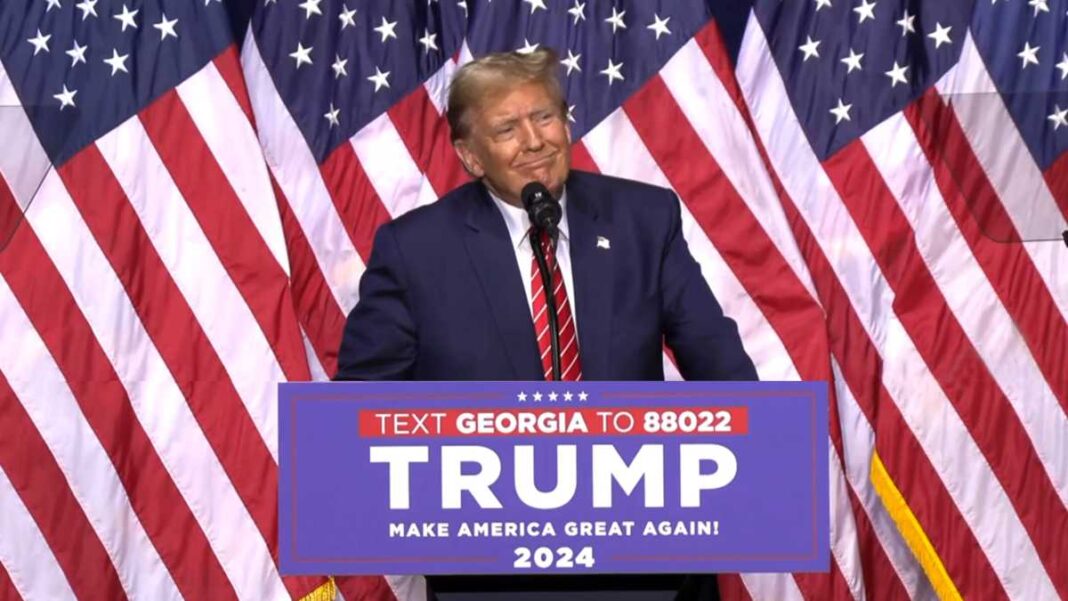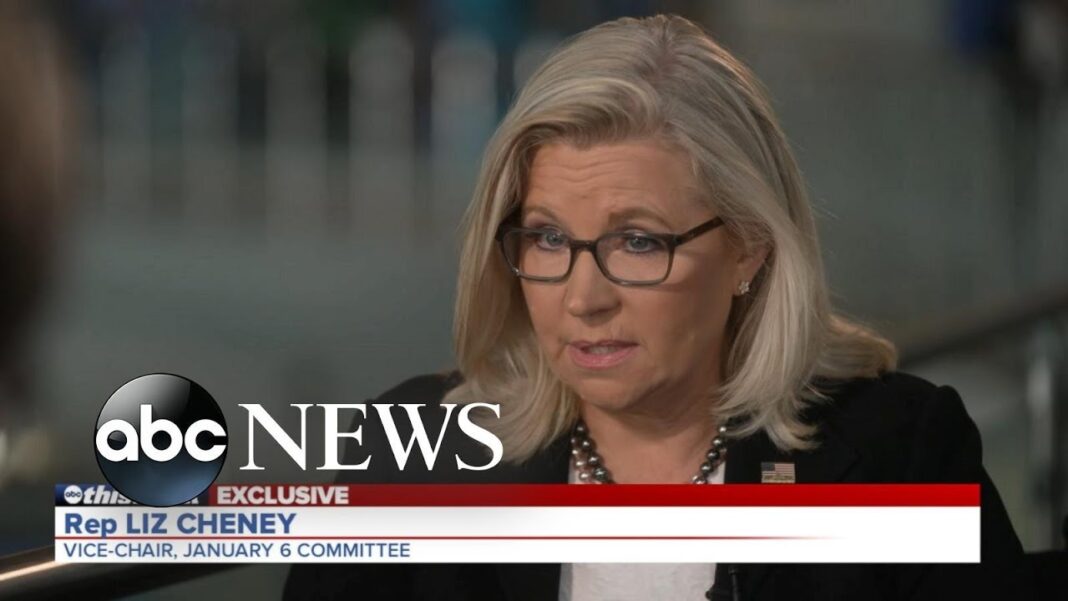‘Denial of criminal immunity would incapacitate [a future President] with de facto blackmail … while in office and condemn him to … post-office trauma…’
Former President Donald Trump asked the Supreme Court on March 19 to hold that he and other former presidents enjoy absolute criminal immunity from prosecution of conduct involving their official acts during their time in office.
“From 1789 to 2023, no former, or current, President faced criminal charges for his official acts—for good reason,” President Trump’s brief reads. “The President cannot function, and the Presidency itself cannot retain its vital independence if the President faces criminal prosecution for official acts once he leaves office.”
His briefing is the latest of many filed by his legal team and Special Counsel Jack Smith before the court’s scheduled oral argument on April 25. Besides those two parties, many organizations, former government officials, and state attorneys general have filed briefings for and against President Trump.
His latest briefing restates many of his prior arguments—namely that Article II of the Constitution grants presidential immunity that can only be overcome by impeachment and conviction by Congress. It also details historical evidence for supporting his theory of immunity while providing the court guidance on how it could grant qualified immunity if it disagreed with his argument that criminal immunity should be absolute.
Ruling against criminal immunity, President Trump has repeatedly argued, would disrupt the nation’s separation of powers and impede presidential decision-making.
“A denial of criminal immunity would incapacitate every future President with de facto blackmail and extortion while in office and condemn him to years of post-office trauma at the hands of political opponents,” his brief read.
“The threat of future prosecution and imprisonment would become a political cudgel to influence the most sensitive and controversial Presidential decisions, taking away the strength, authority, and decisiveness of the Presidency.”
Potential Rulings
The court is currently set to consider the “extent” of criminal immunity, indicating it could rule presidents only enjoy criminal immunity under certain conditions. One of the primary precedents in this case is Nixon v. Fitzgerald, wherein the court said that presidents enjoy absolute immunity from civil liability for acts that fall within the outer perimeter of their official duties.






